Annual Careers Event
14 July 2021 | 14:00 (SAST)





Freedom, justice and solidarity are the basic principles underlying the work of the Konrad-Adenauer-Stiftung (KAS). The KAS is a political foundation, closely associated with the Christian Democratic Union of Germany (CDU). As co-founder of the CDU and the first Chancellor of the Federal Republic of Germany, Konrad Adenauer (1876-1967) united Christian-social, conservative and liberal traditions. His name is synonymous with the democratic reconstruction of Germany, the firm alignment of foreign policy with the trans-Atlantic community of values, the vision of a unified Europe and an orientation towards the social market economy. His intellectual heritage continues to serve both as our aim as well as our obligation today.
In our European and international cooperation efforts we work for people to be able to live self-determined lives in freedom and dignity. We make a contribution underpinned by values to helping Germany meet its growing responsibilities throughout the world.
We encourage people to lend a hand in shaping the future along these lines. With more than 70 offices abroad and projects in over 120 countries, we make a unique contribution to the promotion of democracy, the rule of law and a social market economy. To foster peace and freedom we encourage a continuous dialog at the national and international levels as well as the exchange between cultures and religions.
Human beings in their distinctive dignity and with their rights and responsibilities are at the heart of our work. We are guided by the conviction that human beings are the starting point in the effort to bring about social justice and democratic freedom while promoting sustainable economic activity. By bringing people together who embrace their responsibilities in society, we develop active networks in the political and economic spheres as well as in society itself. The guidance we provide on the basis of our political know-how and knowledge helps to shape the globalization process along more socially equitable, ecologically sustainable and economically efficient lines.
We cooperate with governmental institutions, political parties, civil society organizations and handpicked elites, building strong partnerships along the way. In particular we seek to intensify political cooperation in the area of development cooperation at the national and international levels on the foundations of our objectives and values. Together with our partners we make a contribution to the creation of an international order that enables every country to develop in freedom and under its own responsibility.
"KAS - 50 years of International Cooperation"
Our activities in South Africa
South Africa is often referred to as a beacon of hope for the future of the African continent. Since the first democratic elections took place in 1994 the country has undergone a dramatic transformation process. The Konrad-Adenauer-Foundation has fostered and supported this process from the very beginning through a wide range of instruments, including political education and training, political consultancy and intensive research. Taking into account the dynamics and potential areas of conflict in the new democratic dispensation KAS activities focus on the implementation and further development of South Africa's multi-party democracy and the rule of law. Further objectives of our work are an enhancement of parliament's control function, the support of federal structures, the fostering and monitoring of regional integration processes and the promotion of civil society.
To achieve our objectives we create special partnerships and work closely with a wide range of stakeholders that share our democratic convictions and values.
Cooperations embrace decision makers in politics, justice, academia, civil society organisations as well as the media. Particularly with the opening of a KAS-DDP Liaison Office in Cape Town in May 2002 the contact to Parliament, the National Council of Provinces and the municipalities in the Western Cape has significantly intensified.
Cooperation with local partners
KAS programmes are rolled out in the form of seminars, workshops, forums and conferences. Information and consultancy services, including publications and visitor programmes, complement the spectrum. To ensure their sustainability, KAS projects are generally implemented in close cooperation with local partners, like the Democracy Development Programme (DDP) and the South African Institute of International Affairs (SAIIA). In certain areas where additional expertise is requested the Foundation conducts its projects with other implementing agencies.
Fostering regional networks
KAS Programmes in South Africa follow the guidelines given by the BMZ for the cooperation with South Africa. The chosen areas of activity are in line with the main political objectives of the German Government regarding development cooperation (Poverty Alleviation and Education). Regional integration initiatives such as SADC, NEPAD and AU play a vital role in this regard. For various reasons South Africa is often seen as the motor for the development of the South African region. The Konrad-Adenauer-Stiftung promotes regional networks in order to address regional issues adequately.
In the South African context where one party dominates the political landscape KAS activities with their emphasis on strengthening political institutions and promoting a multi-party system as well as civil society organisations have proven to be an effective contribution towards creating a sustainable democracy. The wide spectrum of tools enables the Foundation to react flexible and swiftly, and if necessary ad hoc towards political developments. In the areas of foreign policy KAS in cooperation with its partner SAIIA is in a position to tackle actual political and economic issues immediately and to feed relevant findings directly into the political process. In terms of electoral issues KAS's competence is complemented by the expertise of the Electoral Institute of Southern Africa (EISA). With new areas of engagement like Environmental Management on local level KAS sets new political trends.
Link: https://www.kas.de/en/web/suedafrika/about-us
The South African Institute of International Affairs (SAIIA) is an independent public policy think tank advancing a well-governed, peaceful, economically sustainable and globally engaged Africa.
SAIIA’s work spans foreign policy, governance, the environment, economic policy and social development, linking local experiences with global debates. Our African-generated knowledge provides local and regional decision-makers with independent, evidence-based options for Africa’s future development.
SAIIA provides an open platform for the public to engage with these issues, and facilitate discussions between a wide variety of partners.
Their findings are freely available in the form of publications, videos, and opinion and analysis pieces. SAIIA’s public outreach activities inspire students to take an interest in international affairs, and help to develop research and leadership skills.
SAIIA’s head office is located in Johannesburg on the campus of Wits University, and they also have active branches in Cape Town in the Western Cape, Pietermaritzburg and East London. These branches are run by volunteer committees who organise speakers’ meetings and other local events.
Their membership base spans a wide range of private sector companies, diplomatic missions, institutions, students and individuals who have an interest in international affairs.
Over the years SAIIA has been consistently recognised as being among the leading think tanks in the world by the Global Think Tank Index compiled by the University of Pennsylvania. The latest Transparify report, which rates the transparency of think tanks around the world, has given our institute a five-star rating for open disclosure on donor funding.
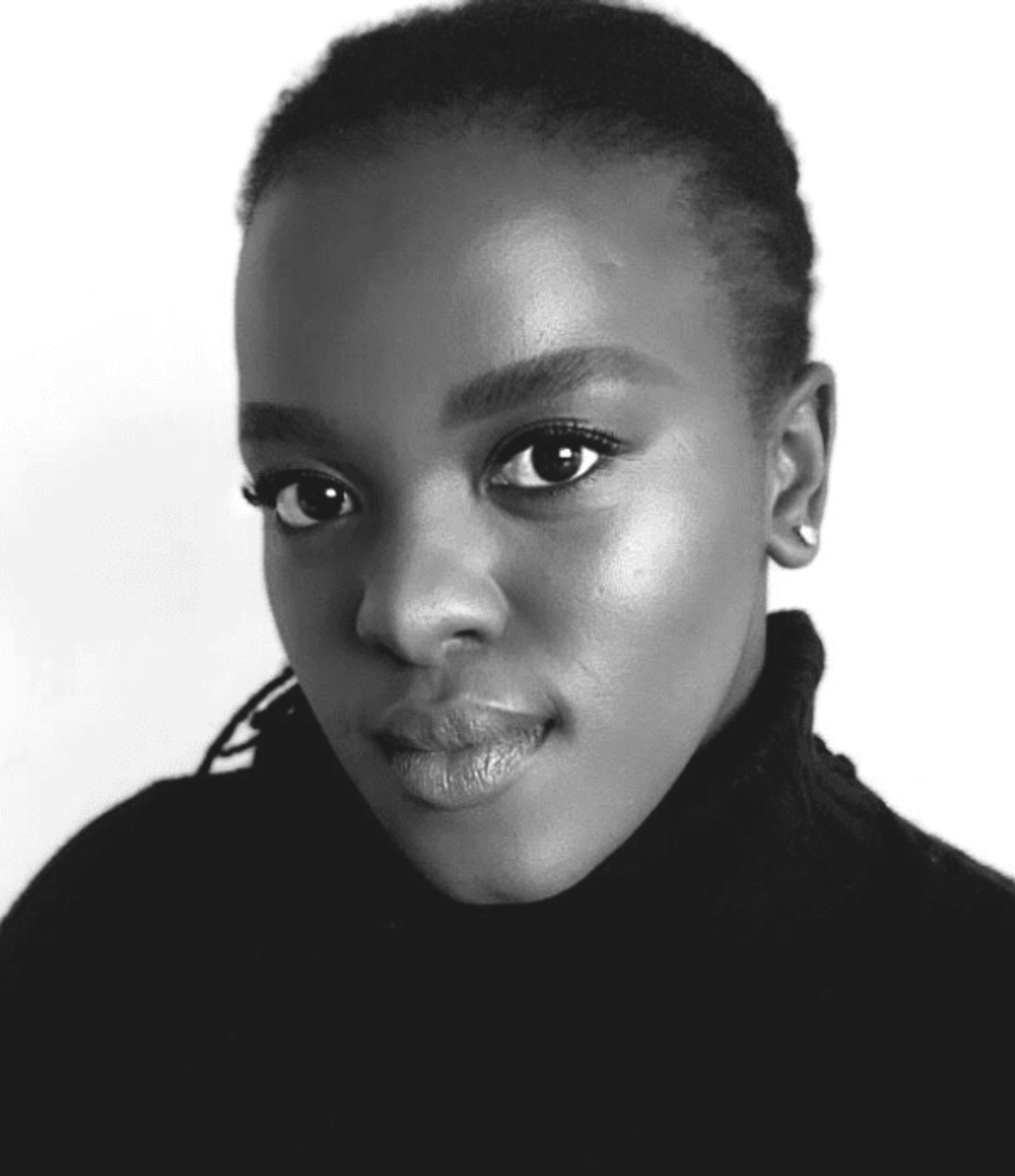
Minenhle Nene is a Konrad Adenauer Foundation Scholar at SAIIA with the Governance of Africa’s Resources Programme. Minenhle completed a Bachelor of Administration degree with a double major in Information Systems and Political Science at the University of the Western Cape. She holds an Honours Degree in Political Science (with distinction) from the same university and is now pursuing a Masters in International Relations at the University of Cape Town. Prior to joining SAIIA, she worked in government as a parliamentary researcher. She also worked as a research intern at the Centre for Constitutional Rights, conducting research on human rights, corruption and state capture. She currently serves as the President of Bellville Rotaract.
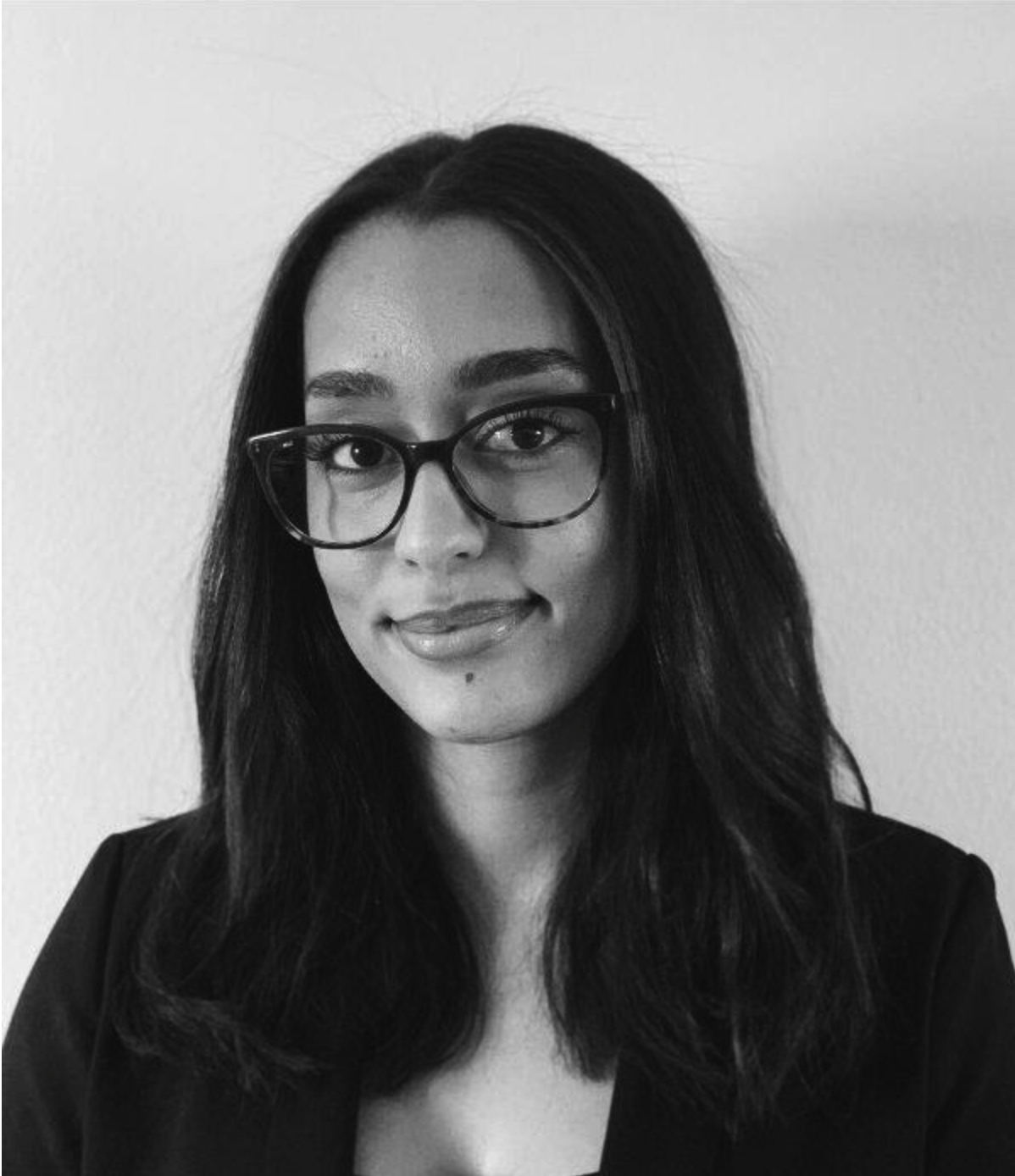
Ndeapo Wolf is a Konrad Adenauer Foundation Scholar at SAIIA with the SAIIA Futures Programme. Ndeapo holds an Honours Degree in Public Policy and Administration from the University of Cape Town, where her research focused on gender equity in legislatures across Africa. She also holds a Bachelor of Arts degree with a double major in Politics and Governance, and English Language and Literature. She is currently a Masters candidate specialising in International Relations at the University of Cape Town. Before joining SAIIA, Ndeapo worked for Deloitte Namibia and the Institute for Public Policy Research. She also completed a fellowship programme run by the amaBhungane Centre for Investigative Journalism.
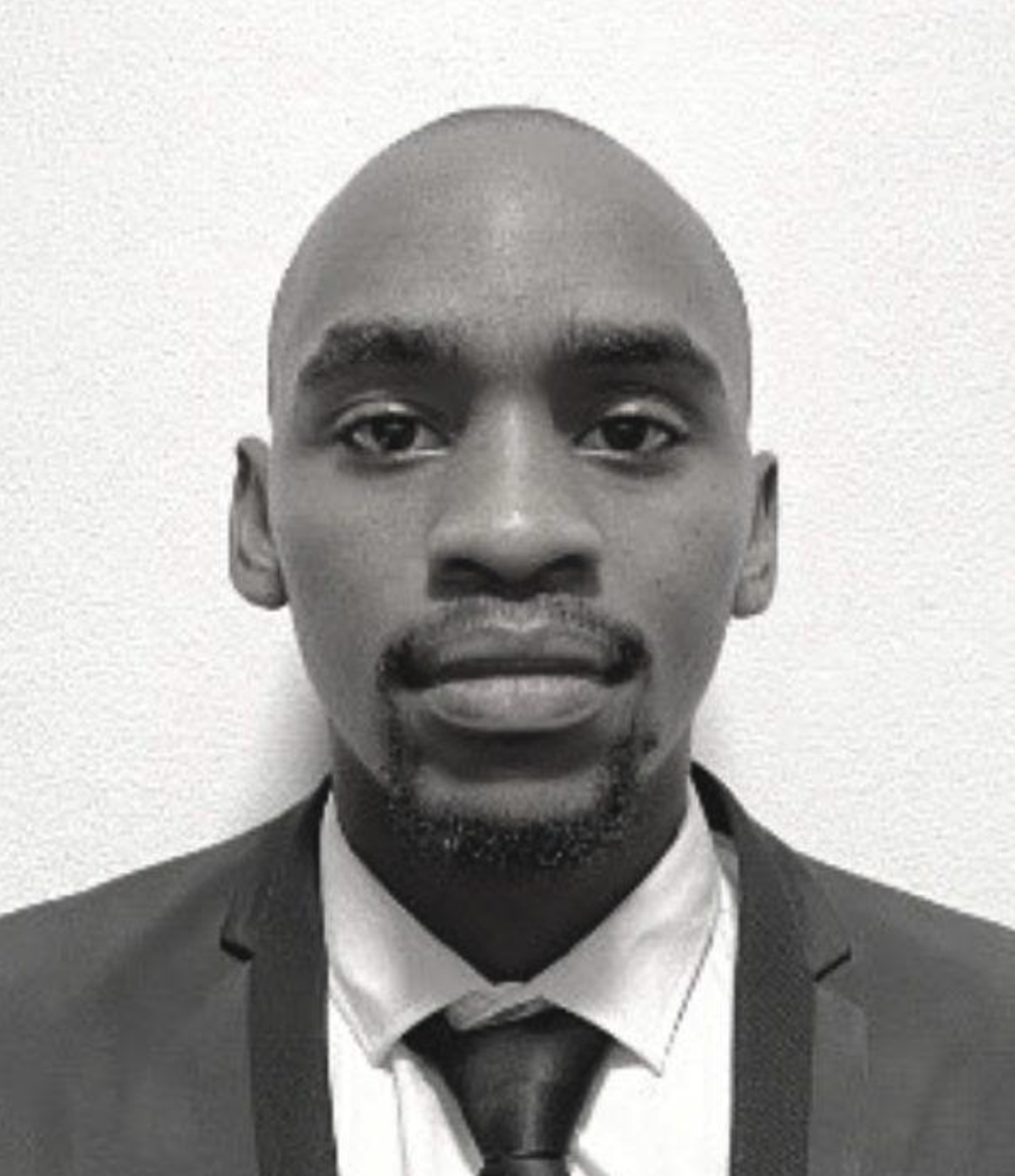
Nkanyiso Goodnews Simelane is a Konrad Adenauer Foundation Scholar at SAIIA with the African Governance and Diplomacy Programme. Nkanyiso holds a Bachelor of Arts in Law and Political & International Studies, and an Honours degree in Political & International Studies from Rhodes University. He is currently enrolled for a Masters at the University of Witwatersrand’s Department of Political Studies. His thesis assesses the potential political impacts of a Constitutional Court judgement permitting South African independent candidates to contest for election into the provincial and national Legislatures without being members of a political party.
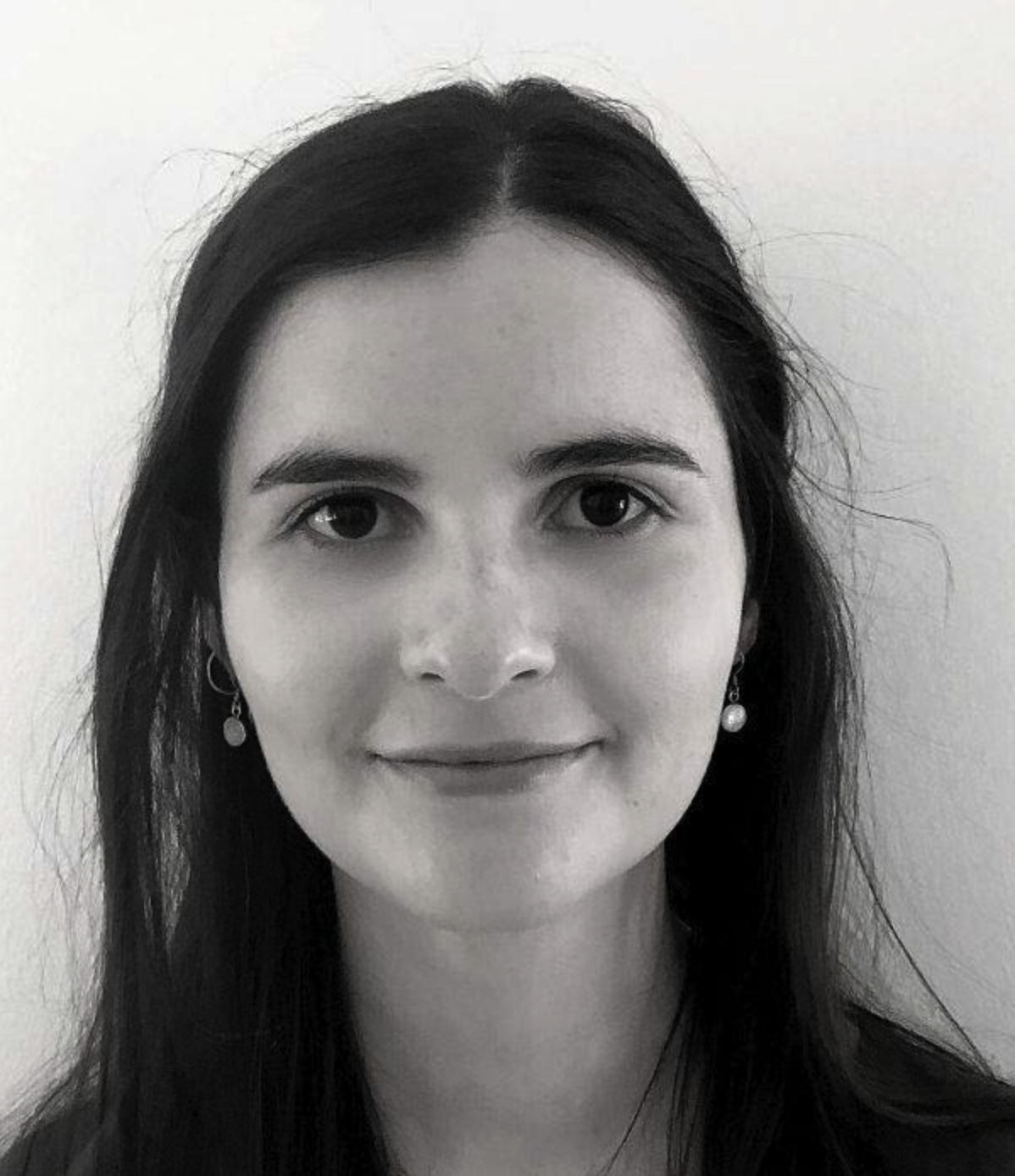
Stephanie Meek is a Konrad Adenauer Foundation Scholar at SAIIA with the Governance of Africa’s Resources Programme. Stephanie attained a BA degree majoring in Political Science, Philosophy and Economics from Stellenbosch University in 2019. She completed her Honours degree in International Relations (cum laude) from Stellenbosch University, and is currently enrolled in a Masters in Political Science at the same institution. Her research interests include political risk analysis and peace and security studies, with a particular focus on the intersection between environmental issues and conflict.
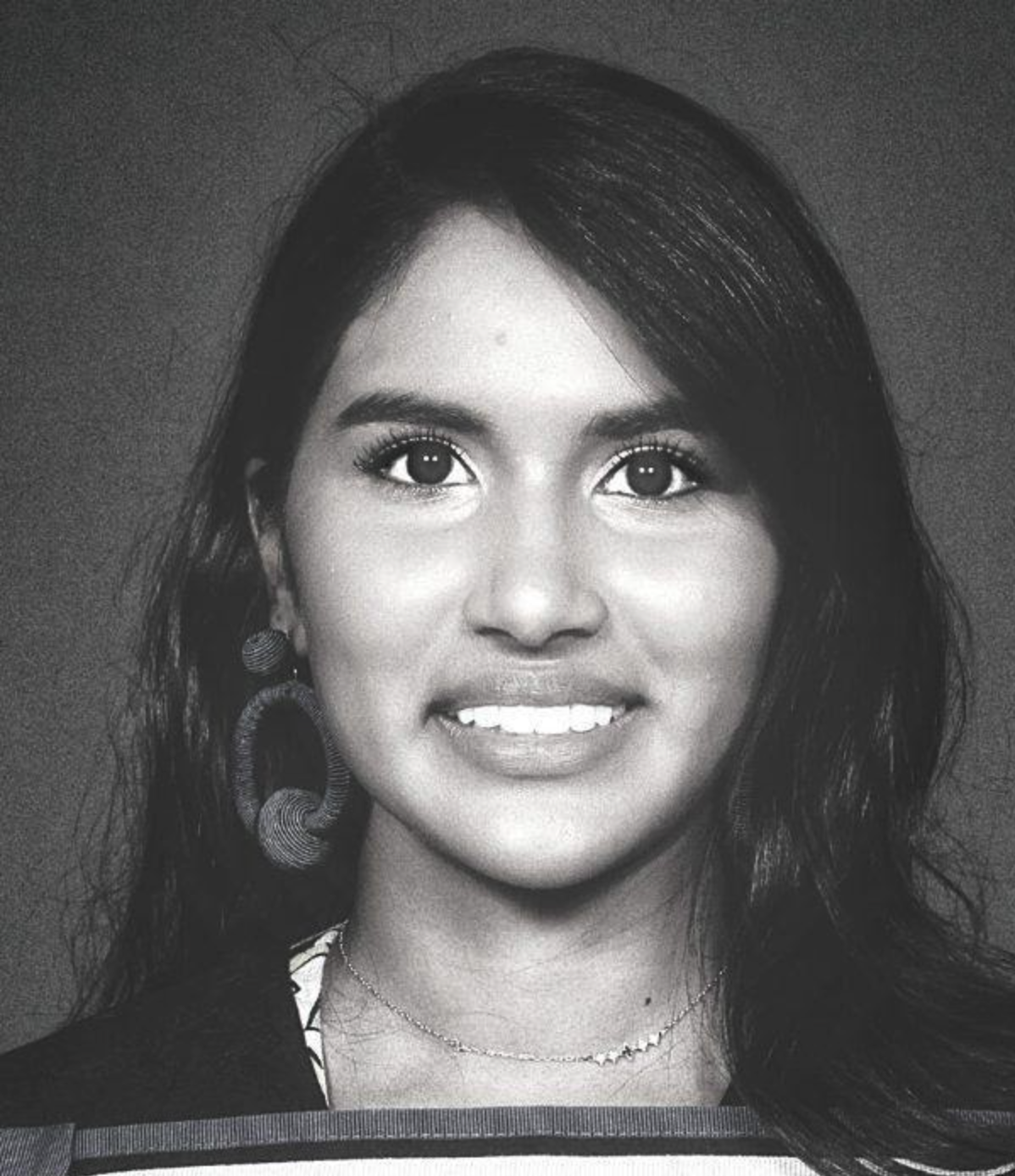
Yulea Roopai is a Konrad Adenauer Foundation Scholar at SAIIA with the Economic Diplomacy Programme. Yulea is a graduate from the University of Witwatersrand, South Africa, where she obtained her BA majoring in Geography and English, and BSc Honours majoring in Geography. During her tenure at Wits she was awarded the Postgraduate Merit Award Scholarship. In addition, Yulea has obtained her Postgraduate Certificate in Carbon Innovation, with Merit, at the University of Edinburgh. She is currently pursuing her MSc in Interdisciplinary Global Change Studies with a key interest in environmental economics.
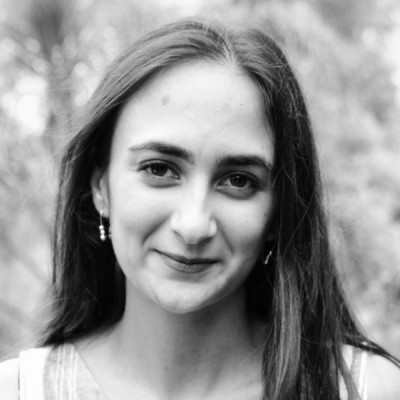
Cayley first joined SAIIA as a Konrad Adenauer Stiftung scholar in 2018, during which time she provided research assistance to the African Governance and Diplomacy Programme. She then spent two years as a researcher at Africa Check, the continent’s leading fact-checking organisation. Cayley re-joined SAIIA in 2021 as a researcher in the African Governance and Diplomacy Programme. She leads the organisation’s Russia-Africa project but also has a keen interest in the African Peer Review Mechanism. She holds a first-class Masters Degree in International Relations from the University of the Witwatersrand.